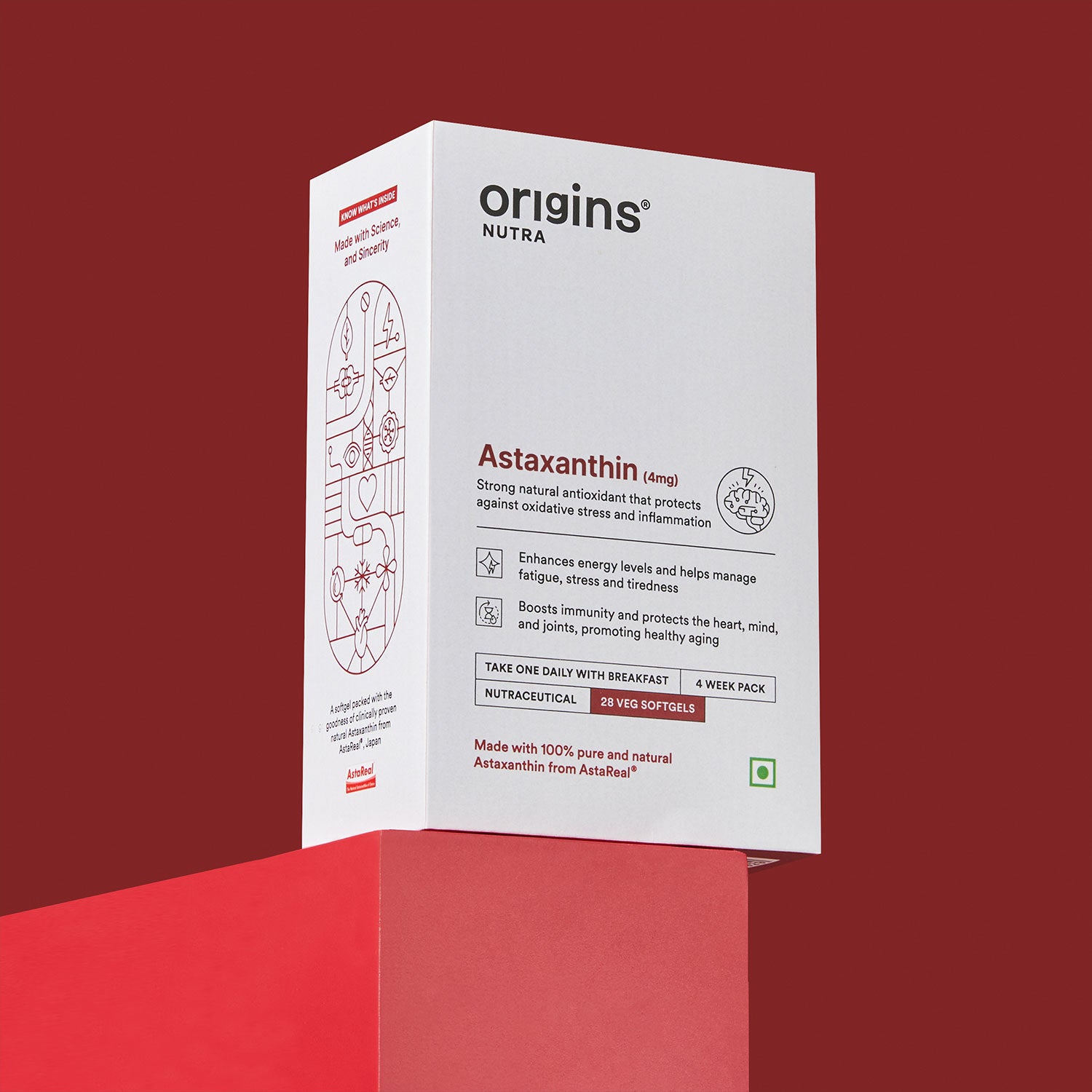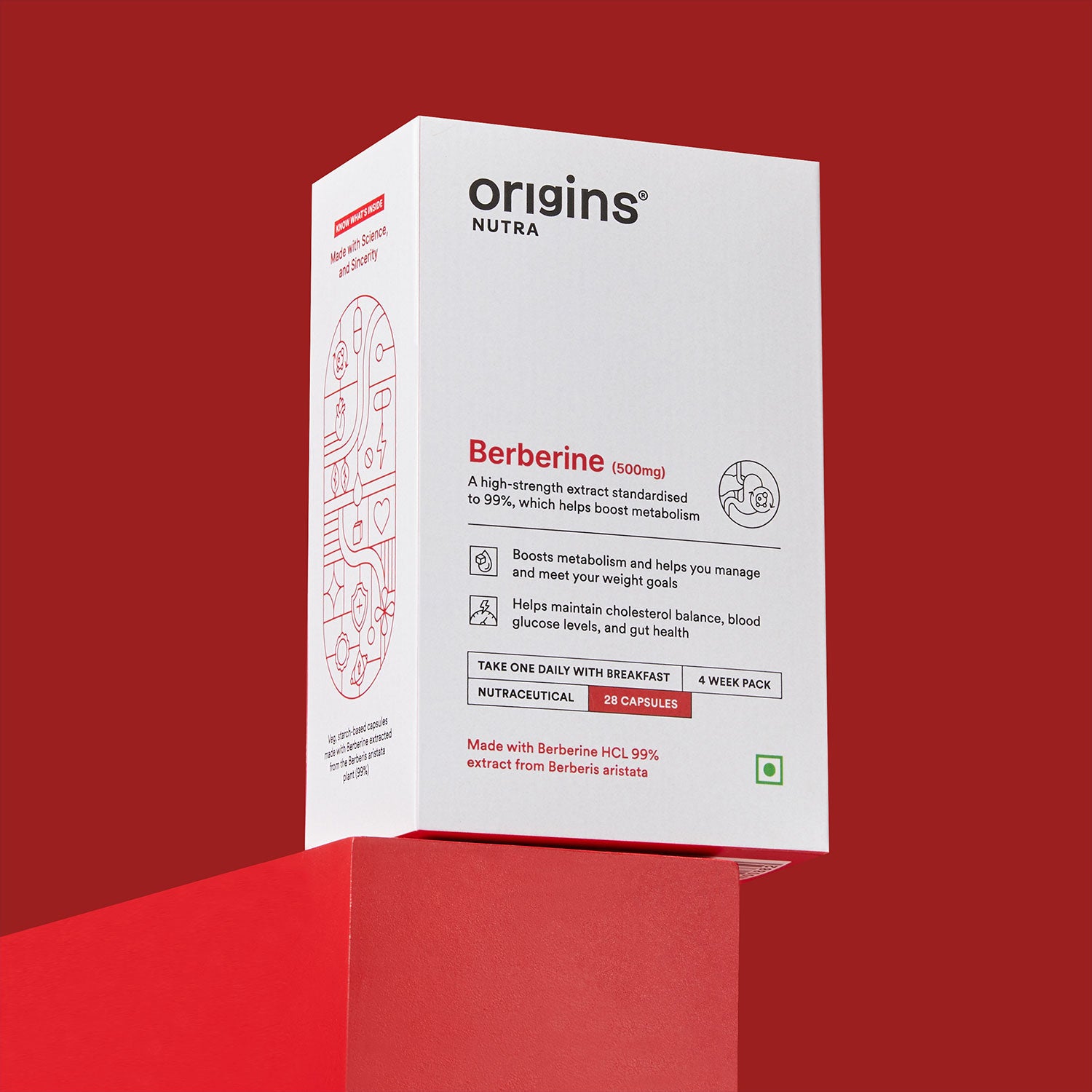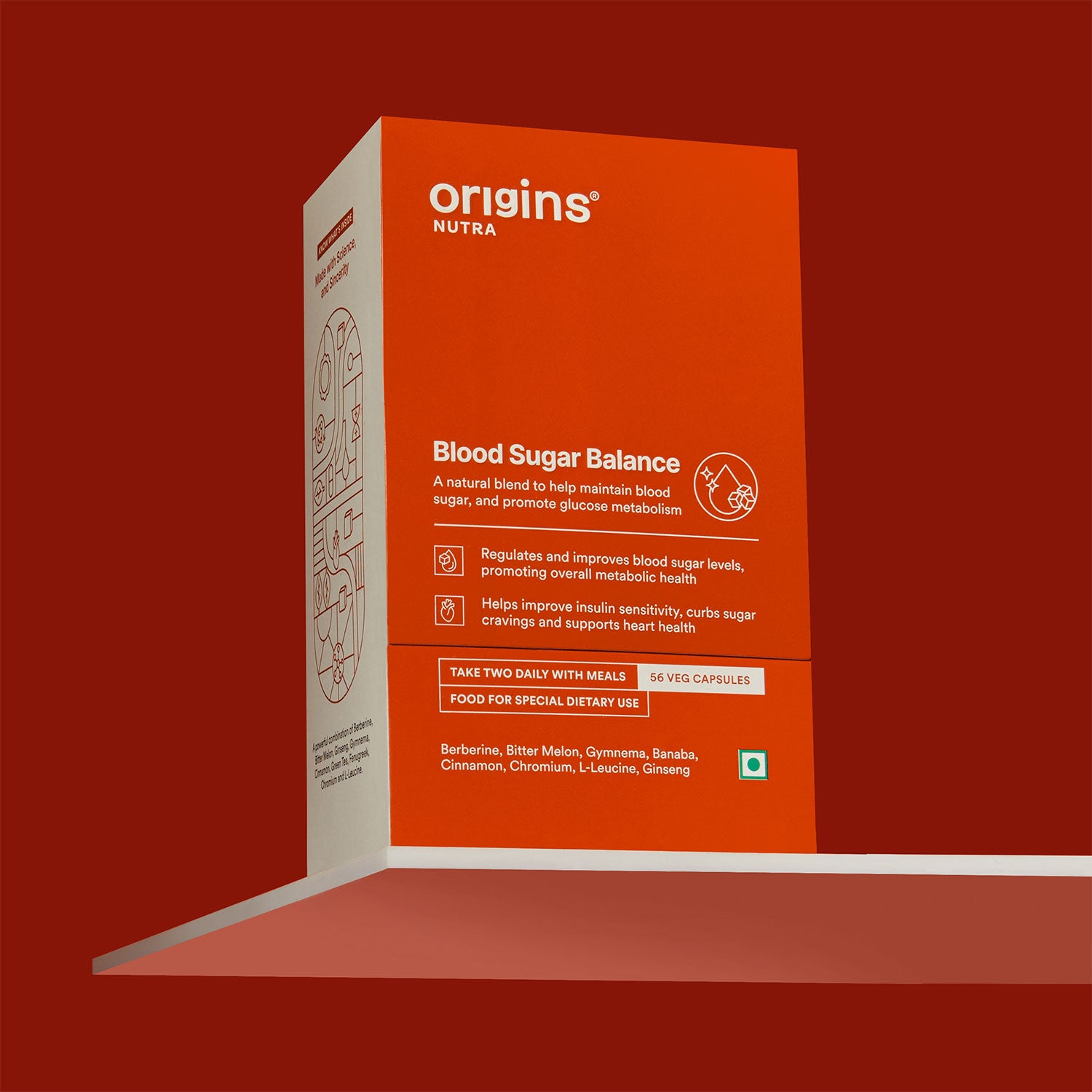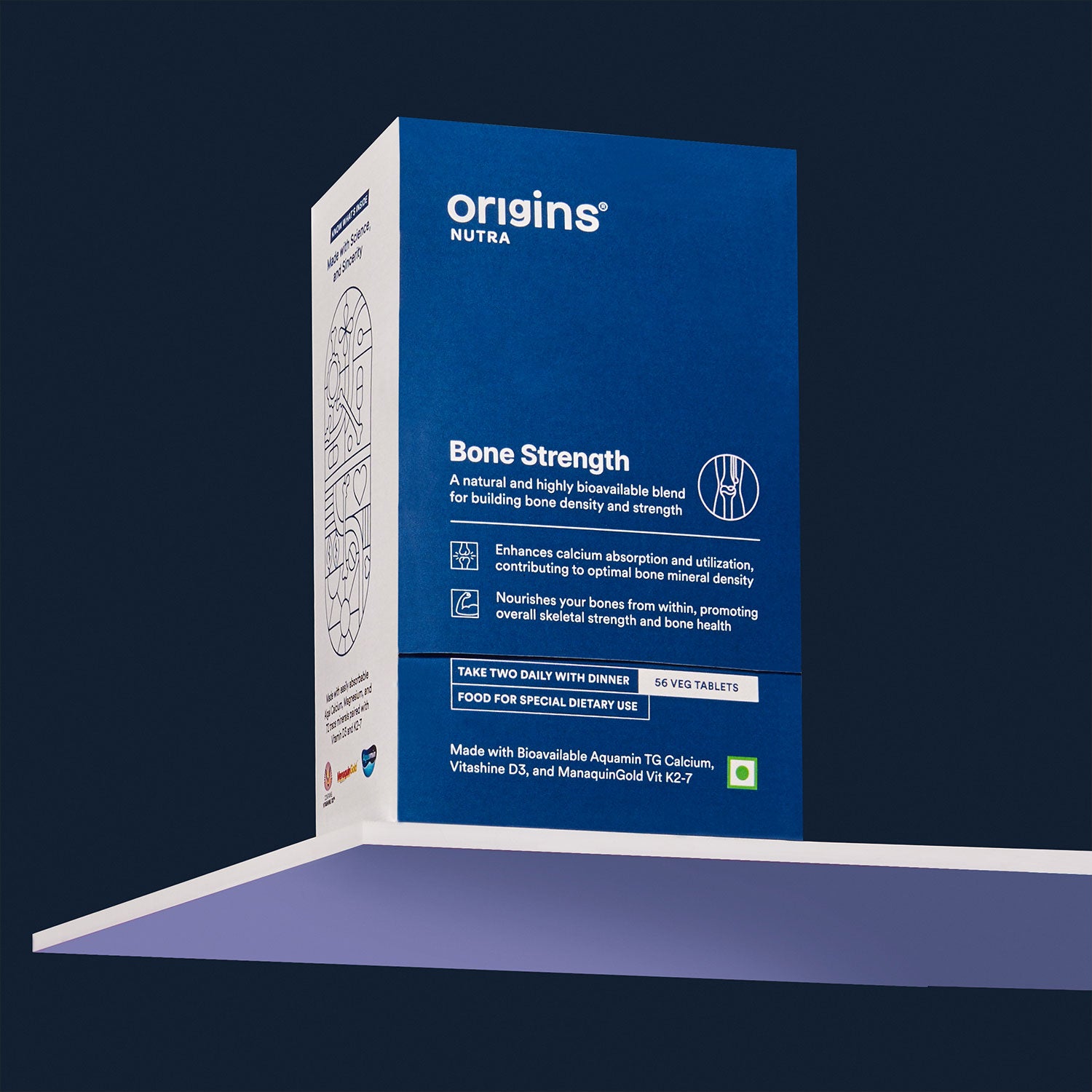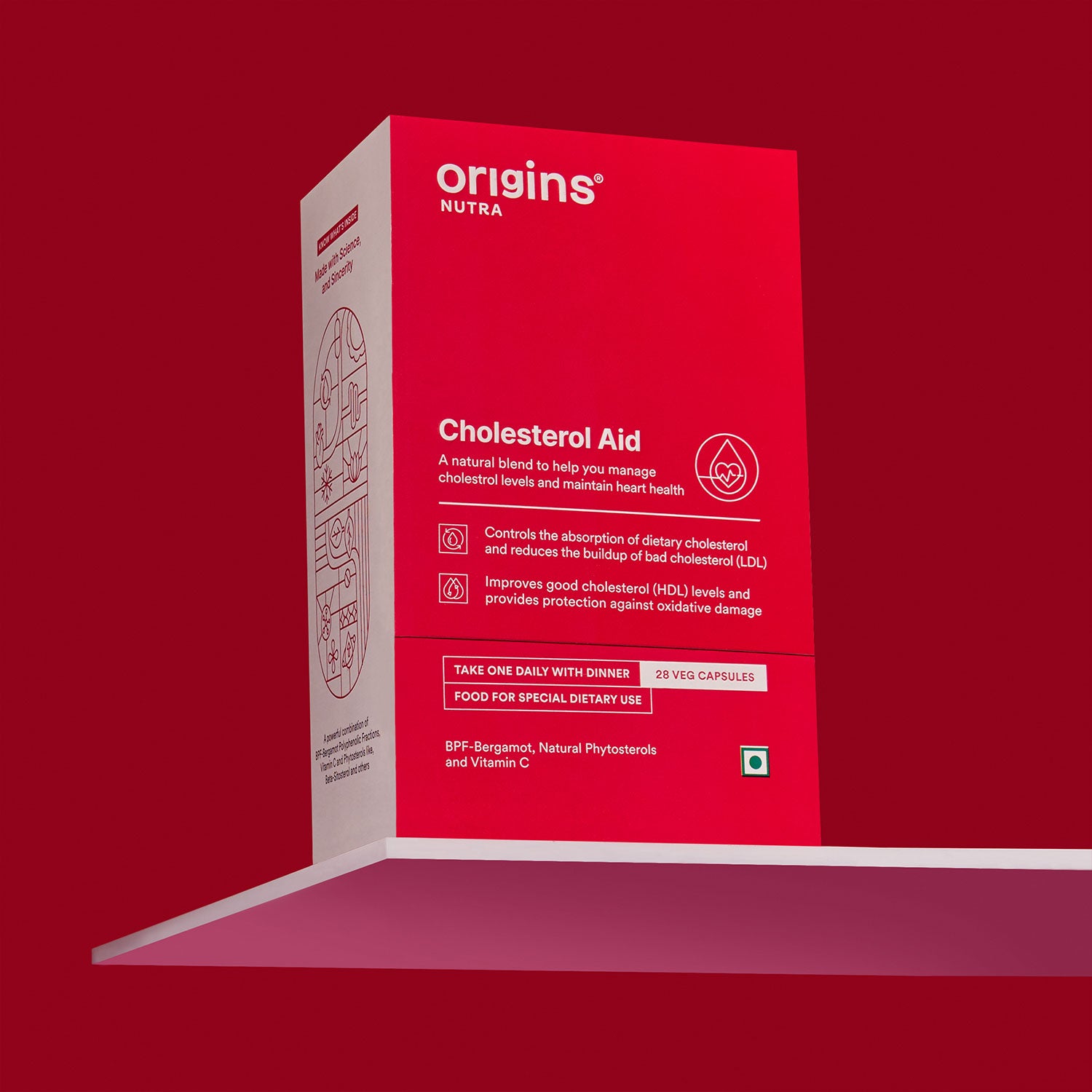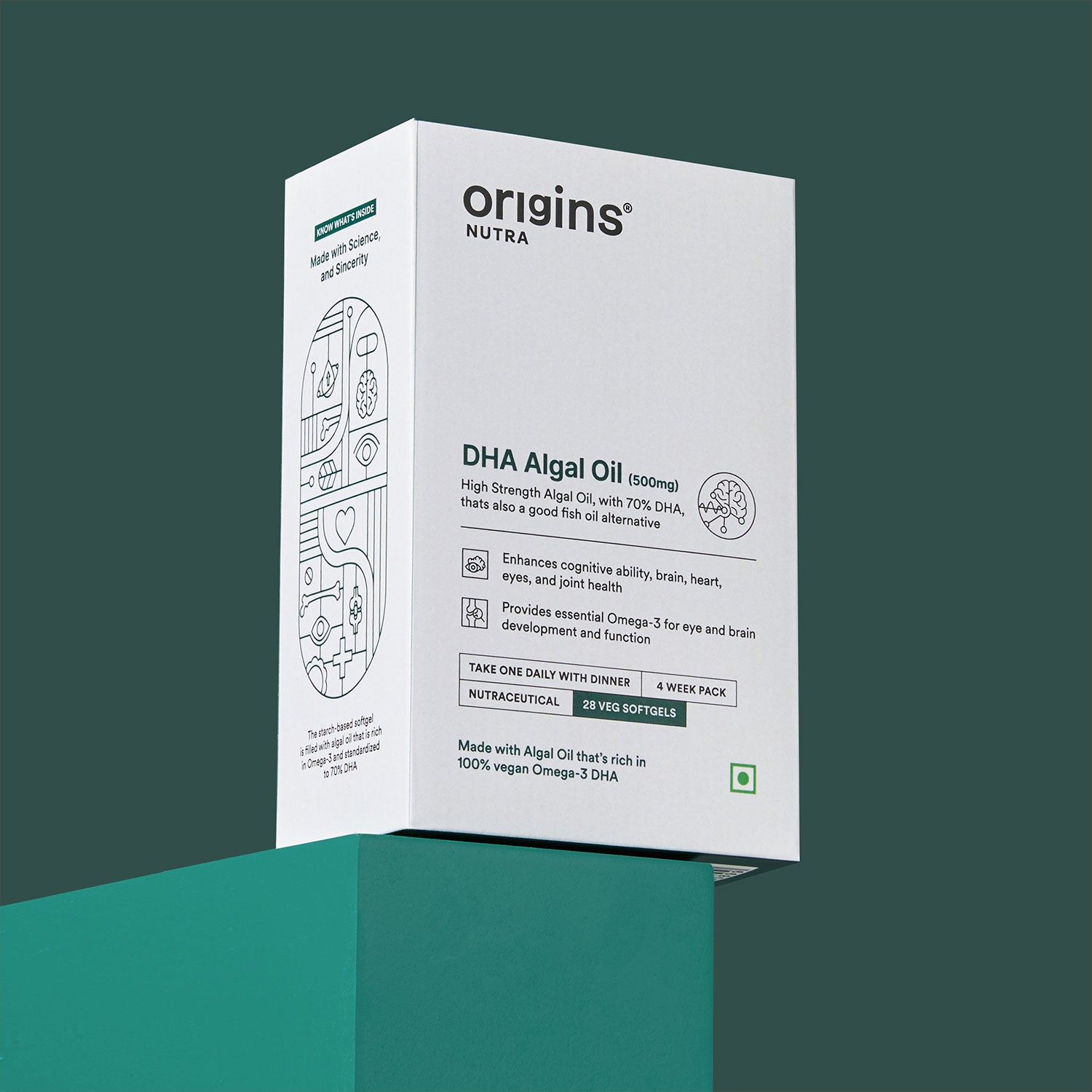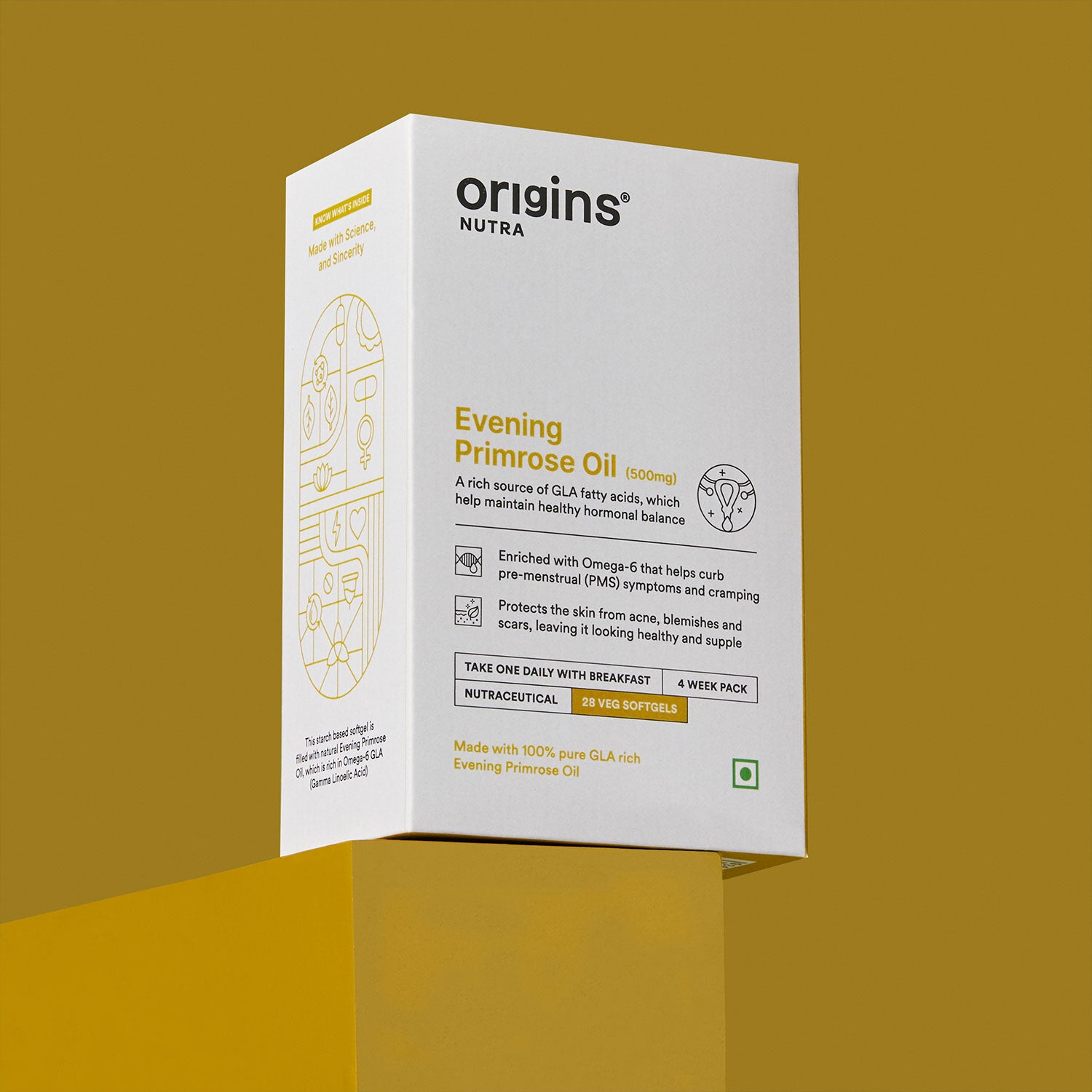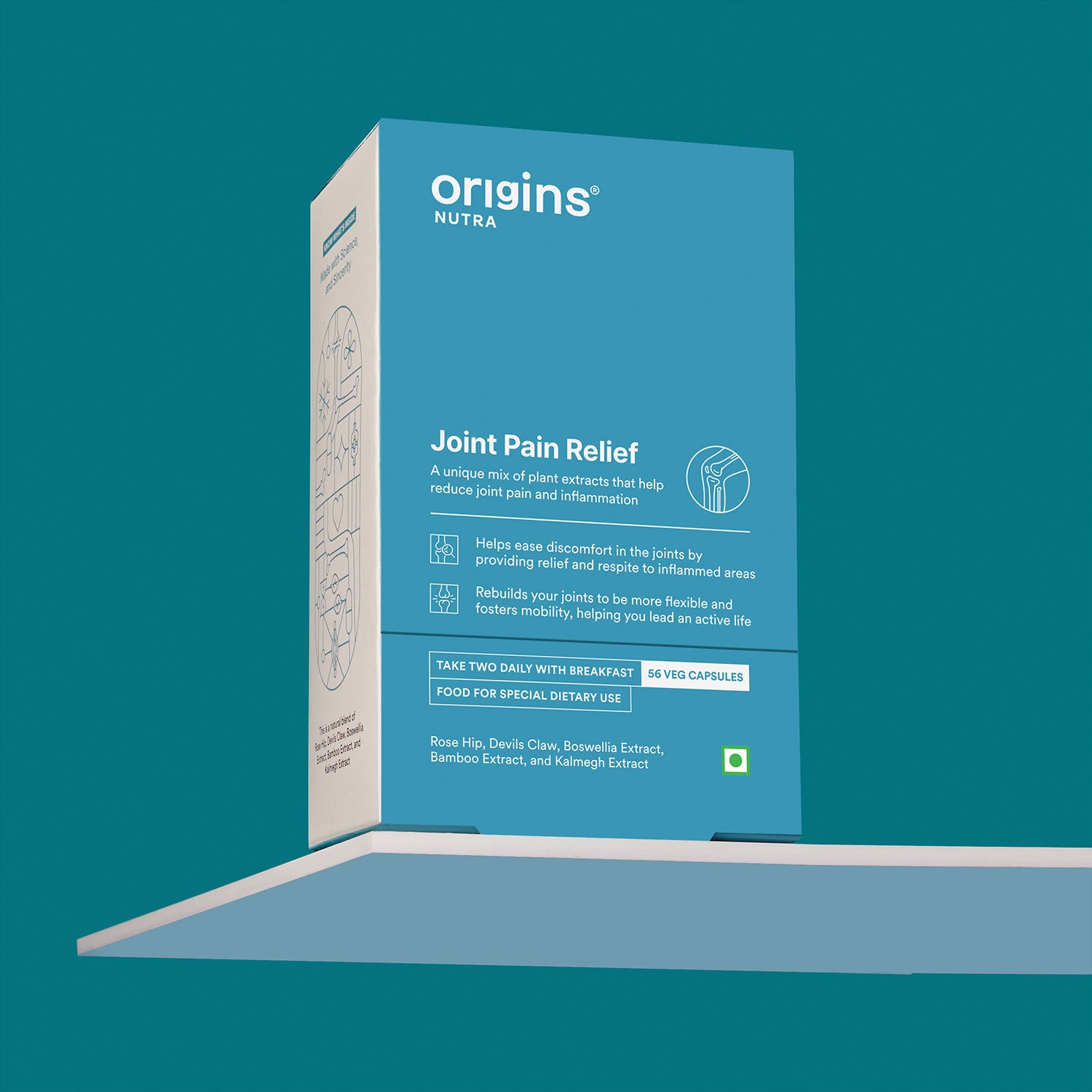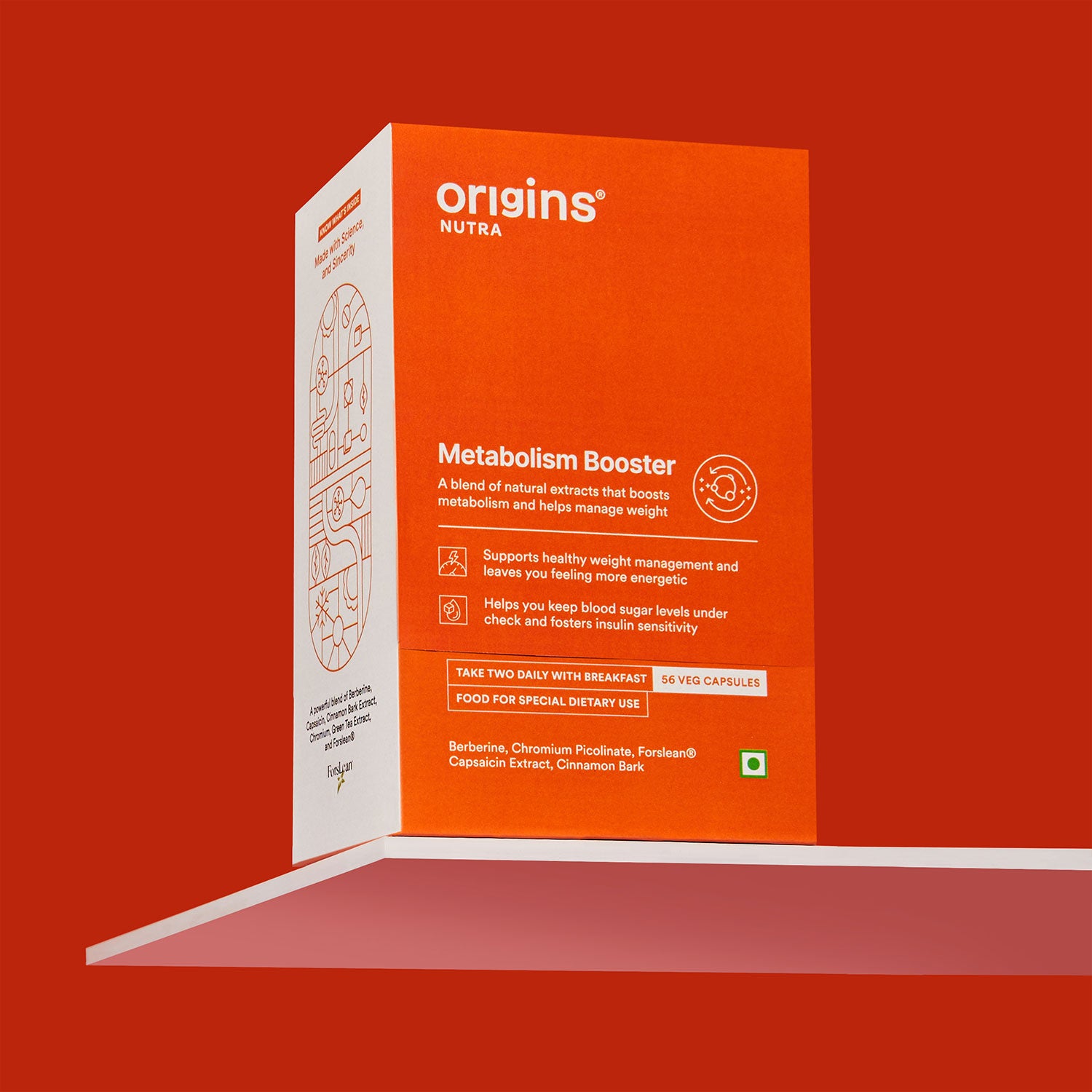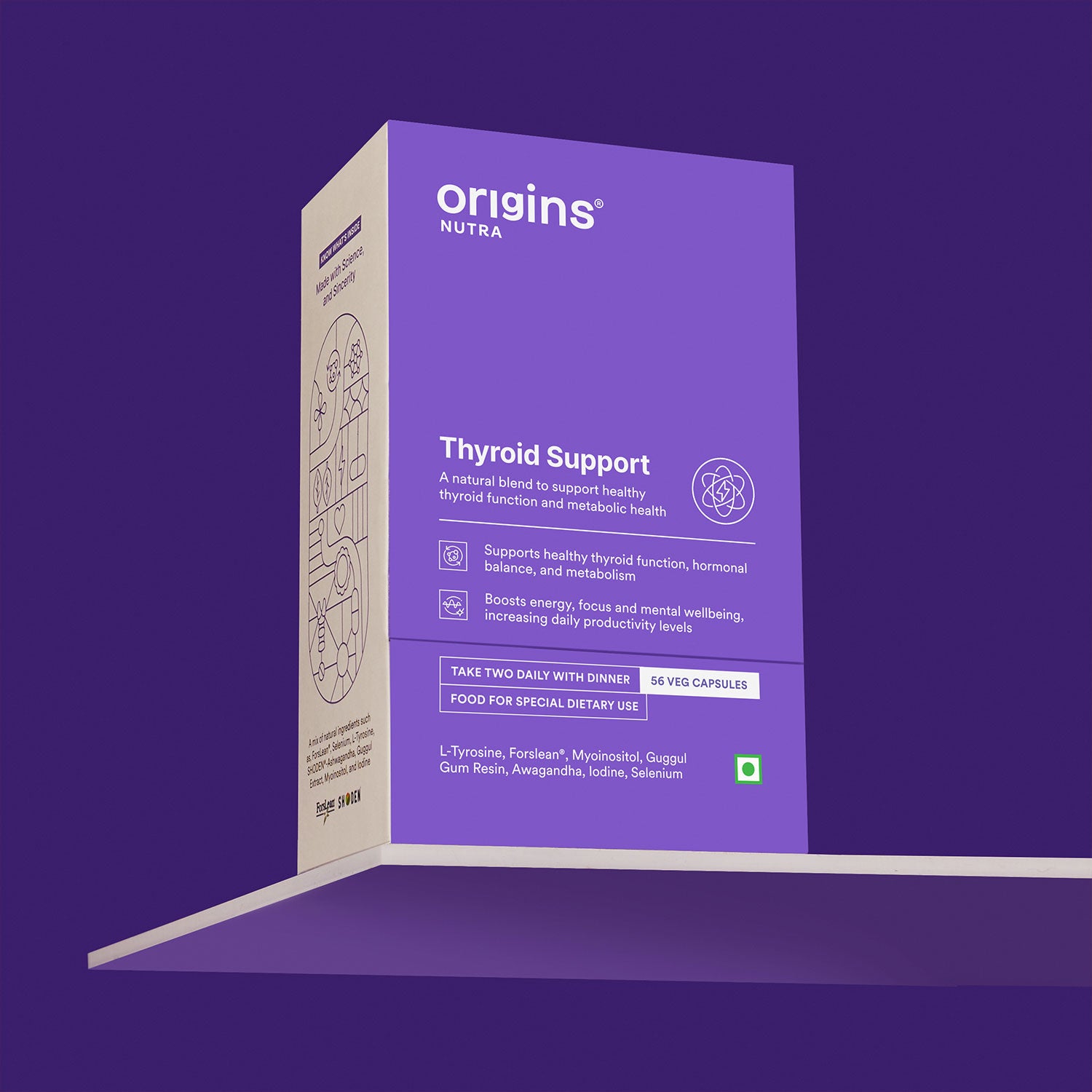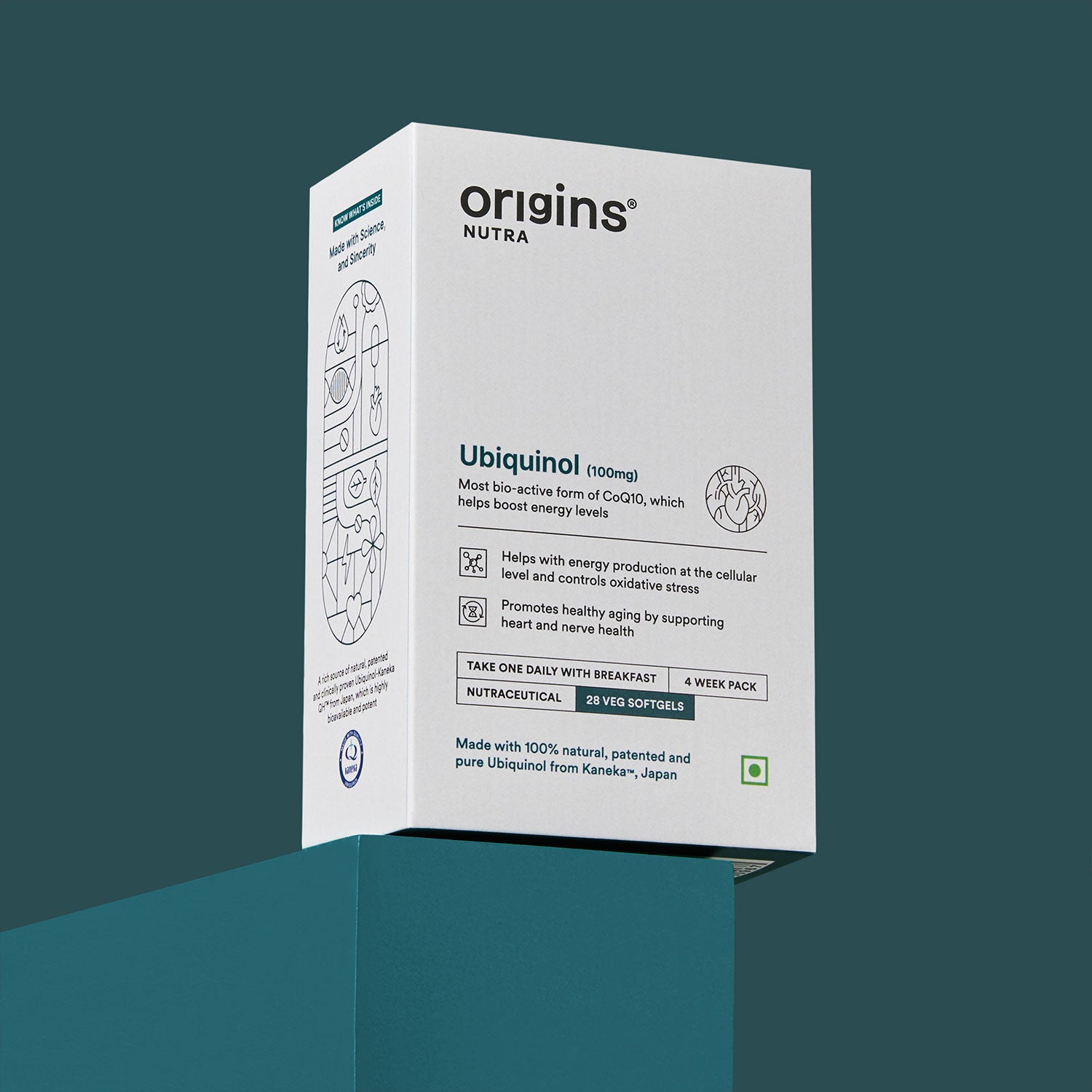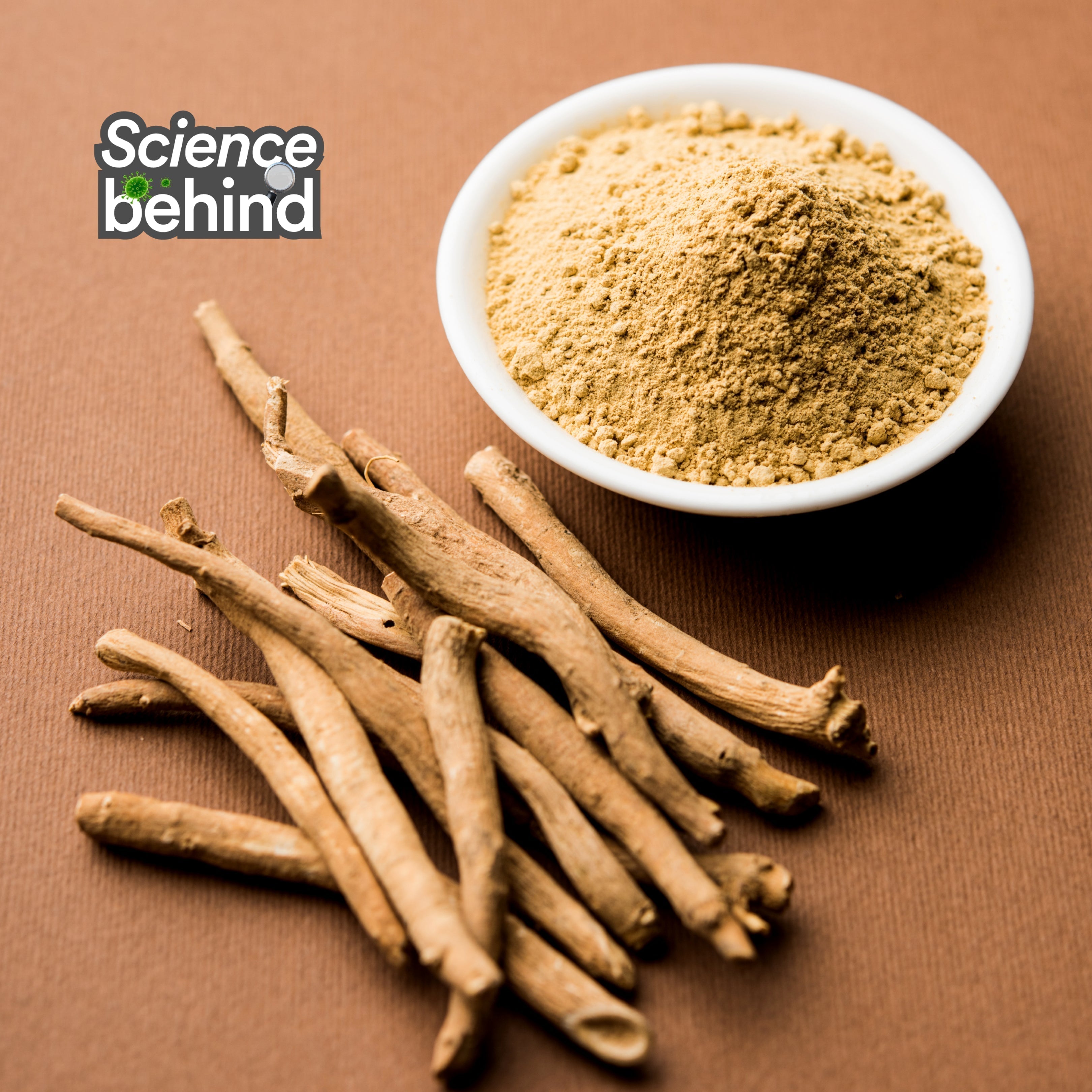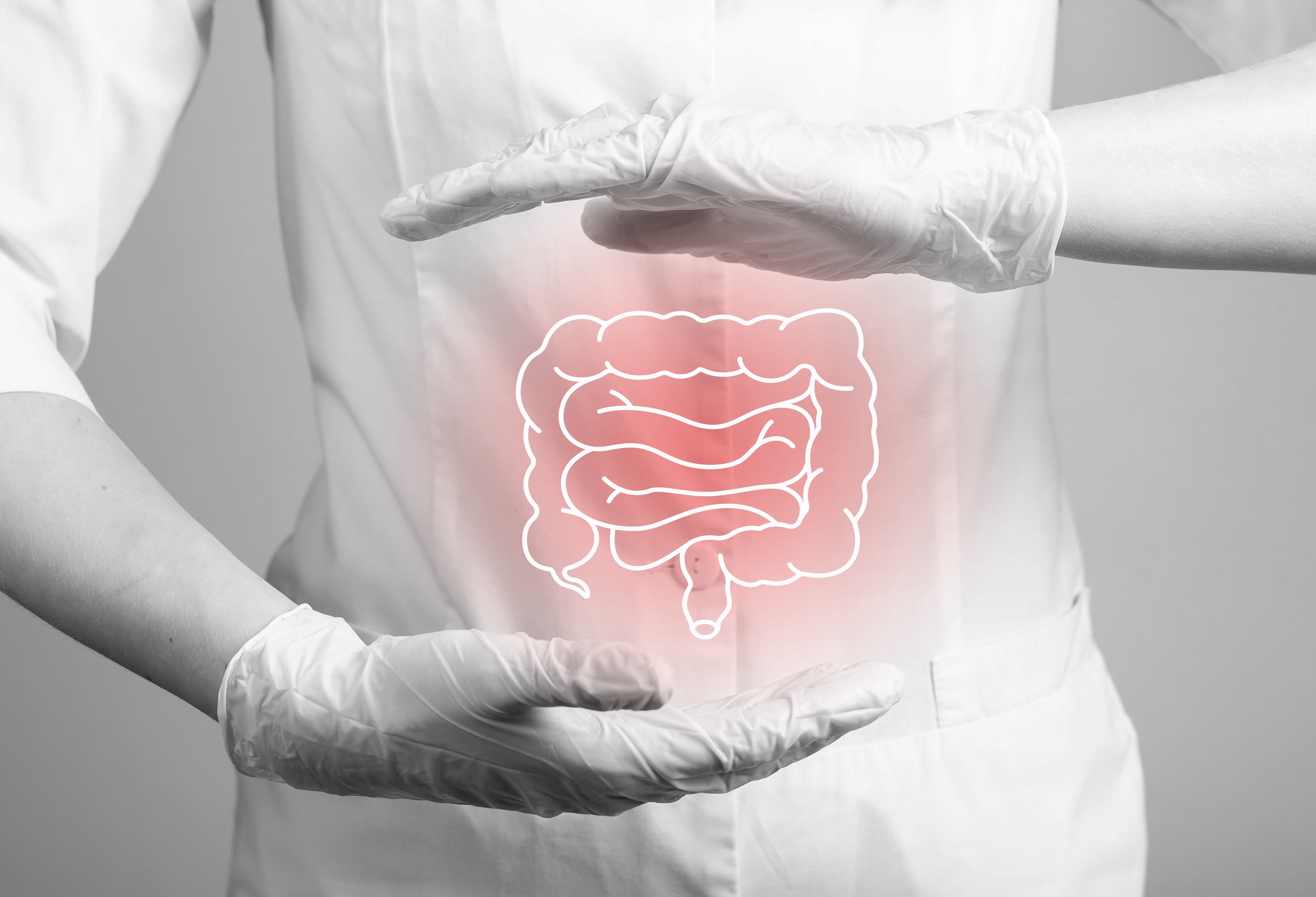5 Reasons How Your Gut Can Affect Your Thyroid?
Introduction | What Is The Thyroid Gland? | How Thyroid Hormones Help? | How Gut Affects Thyroid | The Gut-Thyroid Connection | Diet For A Healthy Gut | Final Thoughts
Introduction
Life is hard. On one side there’s the stuff that is good for us. Yes, that means carrots, lettuce, pulses, fish, etc. If this was not bad enough, you have delectable samosas, cheesy pizzas, and other such forbidden treats on the other side. Sigh.
Walking the fine line between the two is a tricky proposition. Well, you are what you eat. And surprisingly, it’s not only the gut that pays the price for your overindulgence.
Did you know that your gut health can affect the functioning of your thyroid gland? Never crossed your mind, did it? Well, the thyroid may seem like an inconsequential part of your body, but it’s not.
Let’s find out more about the gut-thyroid connection.
What Is The Thyroid Gland?
The thyroid is an endocrine gland situated in your neck, it secretes two hormones in the blood, the T4 (thyroxine), and T3(triiodothyronine). You need these hormones for the proper function of your body.

How Thyroid Hormones Help Your Body Function
The hormones secreted by the thyroid gland regulate the cell functions in your body. If there is excess secretion, the body cells function faster than normal. This is called hyperthyroidism. This can lead to quickening heart rate or frequent bowel movements.

When there is too little hormonal secretion, it’s called hypothyroidism. In this condition, you can expect your body functioning to slow down.
Let’s get down to the nitty-gritty of the thyroid-gut connection
How Your Gut Affects Your Thyroid
The hormones produced by your thyroid have a direct impact on your healthy stomach and digestion. When your hormone levels are off-balance, there is a negative impact on your gut.
So, what is gut motility? The muscles in your small and large intestines contract, helping the food move down the passage. However, when the contractions slow down, the food doesn’t move down the passage as it should, making the elimination of stool difficult. This results in constipation.

The Gut-Thyroid Connection
Your gut can affect your health in several ways. Let’s check them out:
-
Your Immune System
-
Conversion of Hormones
At times T4 hormones get converted to T3 in the gut with the help of an enzyme called intestinal sulfatase, which is sourced from beneficial microbes. When your gut is not functioning properly,[dysbiosis] the conversion of inactive T4 to active T3 reduces.

- Absorption of Nutrients
The microbes in your body have the capability to increase iron availability in the gut, by formulating short-chain fatty acids. Apart from that, gut microbes also regulate the use of iodine in the body. Iodine is important for a healthy thyroid gland. Diseases such as inflammatory bowel disease impair iodine absorption.
-
Stress and Your Gut
-
Constipation and Your Thyroid Function
Low thyroid levels slow down your bowel movement, leading to constipation. Constipation can also affect the estrogen levels circulating in the body. This can affect menopausal symptoms and fertility too.
Diet For A Healthy Gut
Your gut plays a vital role in the overall health of your body. It not only assists in digestion, but the beneficial bacteria in your gut also produce vitamins to keep you healthy. They also ward off harmful bacteria by supporting the immune system.This makes a healthy diet an important factor for good health. So, what sort of diet plan are we looking at? Let’s check it out.
High-Fiber Foods Such As Oats, Beans, And Fruits
Food choices for the gut can make all the difference. Soluble fibre absorbs water forming a gel-like substance that is easily eaten by the bacteria in your gut. On the other hand, insoluble fibres pass through your colon mostly intact, giving your stool bulk. This promotes good bowel movements and wellness.
What Are The Good Sources of Fibre?
Some fibre sources include:
- Oat and wheat bran
- Dried peas, beans, and lentils
- Prunes and raisins
- Whole-grain foods such as pasta and bread
- Barley, bulgur, and brown rice
- Fresh fruits such as pears with skin, apples with skin, blueberries, strawberries, and oranges
- Nuts and seeds
- Vegetables like broccoli, green peas, sweet potatoes with skin, and artichoke
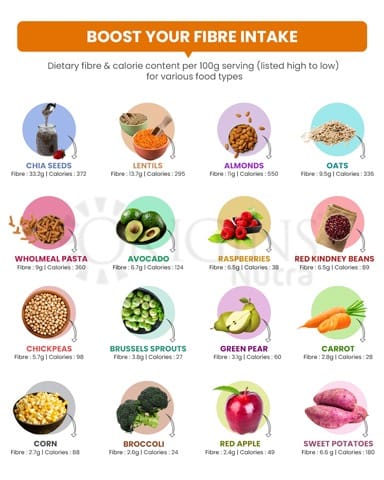
Getting Your Daily Dose of Probiotics
Much like the health-promoting microbes in your gut, probiotics contain living organisms that are beneficial for your gut health. Foods such as kombucha, kefir, or kimchi are great options for nutrition. Other good sources are yogurt; dairy and non-dairy.

Looking for healthy food for the gut? A simple way to get the much-needed nutrients into your body is by opting for a Vegan Omega product. Complete Vegan Omega 3-5-6-7-9 is a plant-based product. A blend of flaxseed oil, borage oil, pomegranate seed oil, sea buckthorn oil, and olive oil, it supplies 74.8% omega to your body. It is not only a great product for overall health, it can help with gut inflammation too. As it is entirely plant-based, it's suitable for a vegan diet as well.
Increase Your Water Intake
If you want to improve your thyroid functions, increase your water intake as poor hydration slow down the digestive system as less water causes difficulty for food to pass through the intestine and may lead to constipation or diarrhoea.
